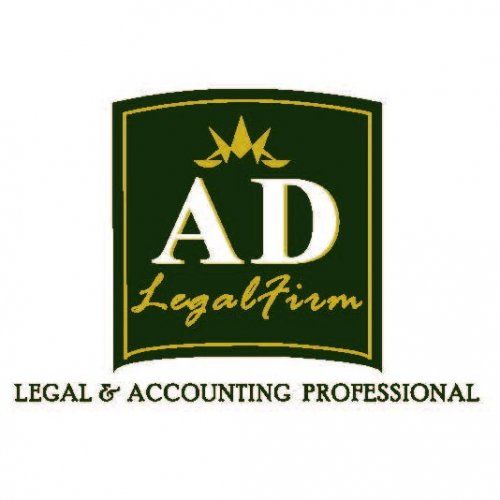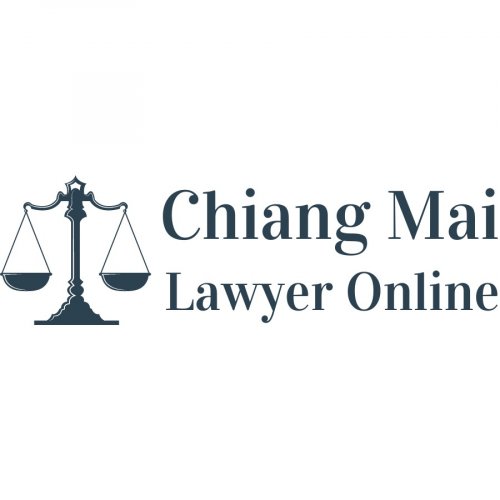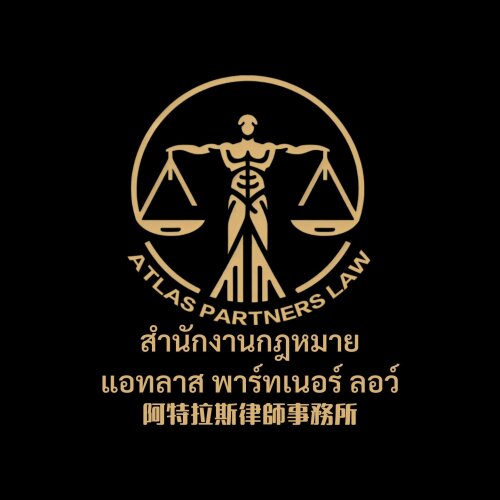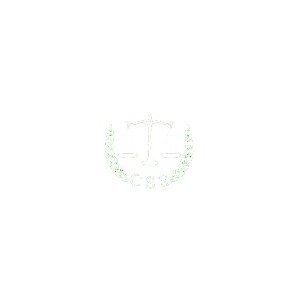About Tax Law in Chiang Mai, Thailand
Chiang Mai, Thailand's northern capital, is subject to the country's comprehensive tax regime that is governed by the Revenue Code of Thailand. The primary taxes applicable in Chiang Mai include personal income tax, corporate income tax, value-added tax (VAT), and specific business taxes. The Thai Revenue Department is responsible for the administration and collection of taxes. Rules are generally consistent throughout Thailand, but local businesses and expats living in Chiang Mai may face specific regional tax challenges due to varying business practices and the city’s unique economic structure rooted in tourism and expatriate communities.
Why You May Need a Lawyer
There are several scenarios where hiring a tax lawyer in Chiang Mai could become essential. These include navigating complex tax filing requirements for businesses, managing disputes with the Revenue Department, estate planning, understanding tax liabilities for foreign income, and addressing any compliance issues. Tax laws in Thailand can be intricate and mistaking any details can lead to penalties or fines, thus legal assistance aids in mitigating risks and ensuring compliance.
Local Laws Overview
Thailand’s tax law includes several specific considerations for residents and non-residents alike. Key considerations include:
- Personal Income Tax: Applicable to residents for worldwide income and non-residents for Thai-sourced income. Progressive tax rates range from 5% to 35%.
- Corporate Income Tax: Generally fixed at 20%, with specific tax incentives available for businesses in certain sectors or economic zones.
- Value-Added Tax (VAT): Typically at 7%, applicable to most goods and services.
- Specific Business Tax: Applies to select industries, such as banking and insurance, without using the VAT system.
- Tax Exemptions and Incentives: Often provided for investments in approved sectors, such as for promoting investment in less developed areas.
Frequently Asked Questions
What is the deadline for tax filing in Thailand?
Individual tax returns must be filed by the 31st of March each year, while companies should file their annual returns within 150 days of the fiscal year-end.
Are there any special tax considerations for expatriates living in Chiang Mai?
Yes, expatriates must consider double taxation treaties, residency status, and the taxation of worldwide income to avoid dual tax liabilities.
How does the BOI promote investment in Chiang Mai?
The Board of Investment (BOI) offers various tax incentives, such as tax holidays and exemptions, to businesses investing in regions like Chiang Mai that are considered key development areas.
How is rental income taxed in Chiang Mai?
Rental income is generally taxed as personal income at rates ranging from 5% to 35%, though some deductions and allowances may apply.
What if I receive a tax audit notification?
Promptly consult with a tax lawyer to appropriately prepare and respond to the audit. It is vital to submit correct documentation and evidence to resolve the audit efficiently.
Is there a tax on property transfers in Chiang Mai?
Property transfers in Chiang Mai are subject to transfer fees, withholding tax, and specific business tax, depending on the circumstances of the transfer.
How long should I keep tax records in Thailand?
Generally, it is advisable to keep tax records for at least five years, as they may be required for audits or other verification processes.
What are the penalties for late tax payments?
Penalties can include surcharge interest calculated on overdue amounts and potential fines, depending on the specific tax and nature of the infraction.
What expenses can I deduct for corporate income tax?
Businesses can deduct allowable expenses, including employee wages, business travel, and operational costs. Consulting with a tax advisor can provide clarity on eligible deductions.
Are there specific tax benefits for retirees in Chiang Mai?
The Thai government offers several incentive schemes for retirees, which may include tax exemptions on certain types of income. Legal advice is recommended to optimize these benefits.
Additional Resources
Those seeking more information or assistance can contact the Thai Revenue Department, local branches in Chiang Mai, and organizations like the Board of Investment (BOI) for tax incentives. Networking with local expatriate groups can also provide personal insights and recommendations for experienced tax professionals in the region.
Next Steps
If you need legal assistance in tax matters in Chiang Mai, consider reaching out to local law firms that specialize in Thai tax law. It’s advisable to arrange initial consultations to understand their scope of services, fees, and their expertise in handling similar tax issues. Keeping detailed records and clearly communicating your situation will greatly assist your legal advisor in providing effective assistance.
Lawzana helps you find the best lawyers and law firms in Chiang Mai through a curated and pre-screened list of qualified legal professionals. Our platform offers rankings and detailed profiles of attorneys and law firms, allowing you to compare based on practice areas, including Tax, experience, and client feedback.
Each profile includes a description of the firm's areas of practice, client reviews, team members and partners, year of establishment, spoken languages, office locations, contact information, social media presence, and any published articles or resources. Most firms on our platform speak English and are experienced in both local and international legal matters.
Get a quote from top-rated law firms in Chiang Mai, Thailand — quickly, securely, and without unnecessary hassle.
Disclaimer:
The information provided on this page is for general informational purposes only and does not constitute legal advice. While we strive to ensure the accuracy and relevance of the content, legal information may change over time, and interpretations of the law can vary. You should always consult with a qualified legal professional for advice specific to your situation.
We disclaim all liability for actions taken or not taken based on the content of this page. If you believe any information is incorrect or outdated, please contact us, and we will review and update it where appropriate.

















